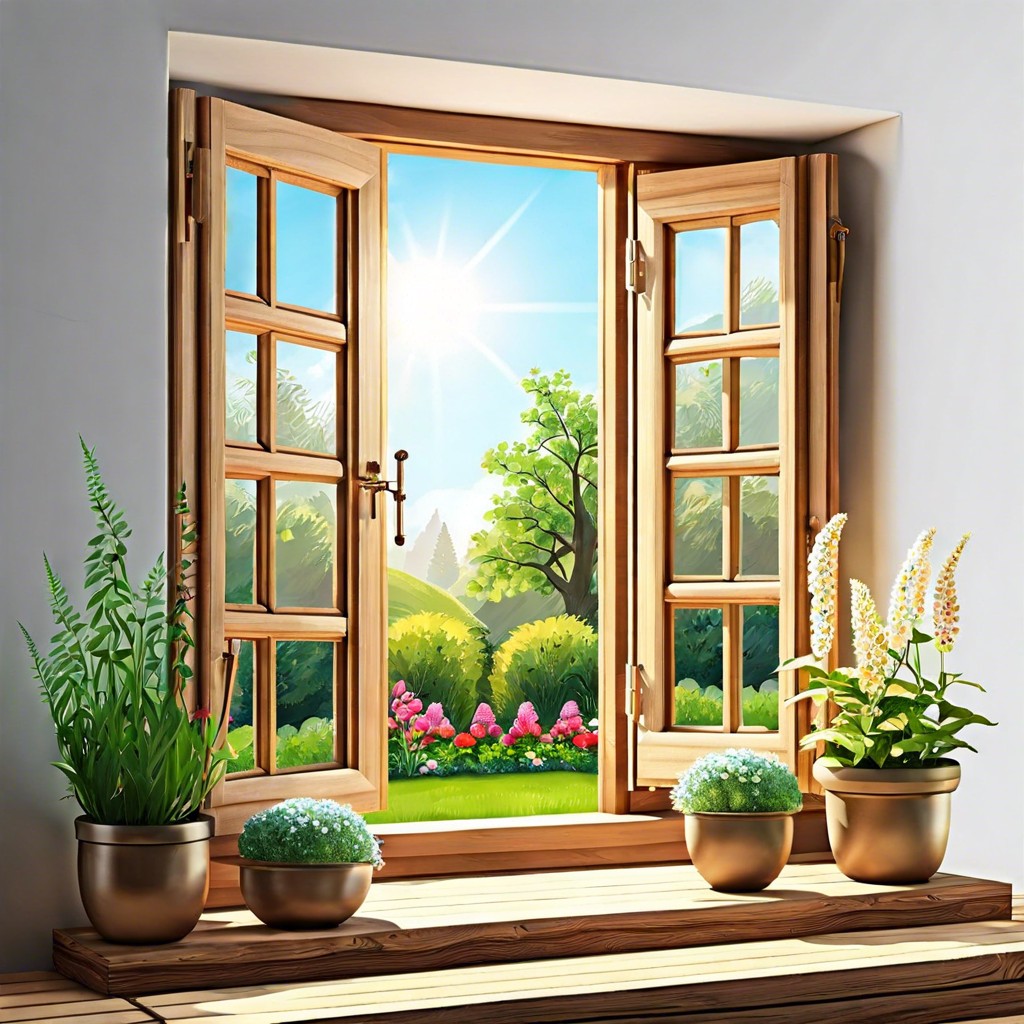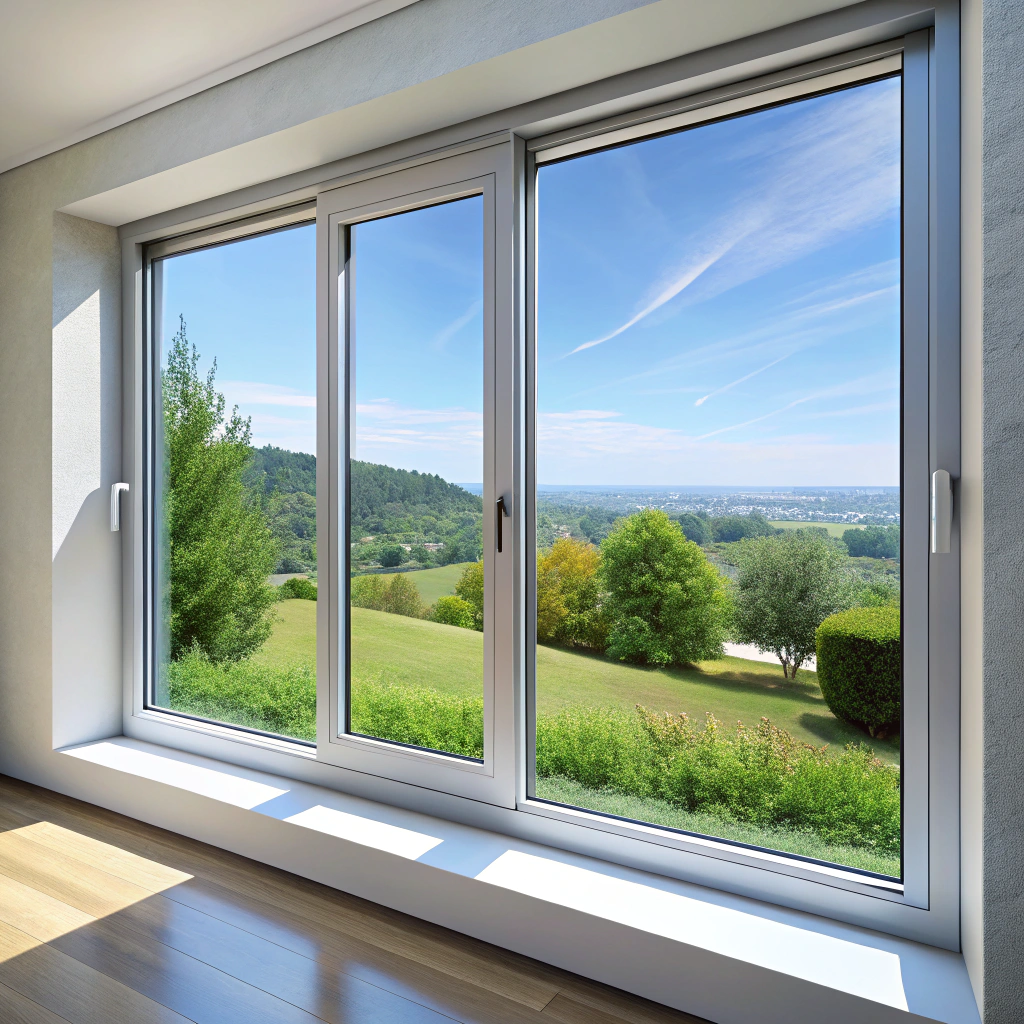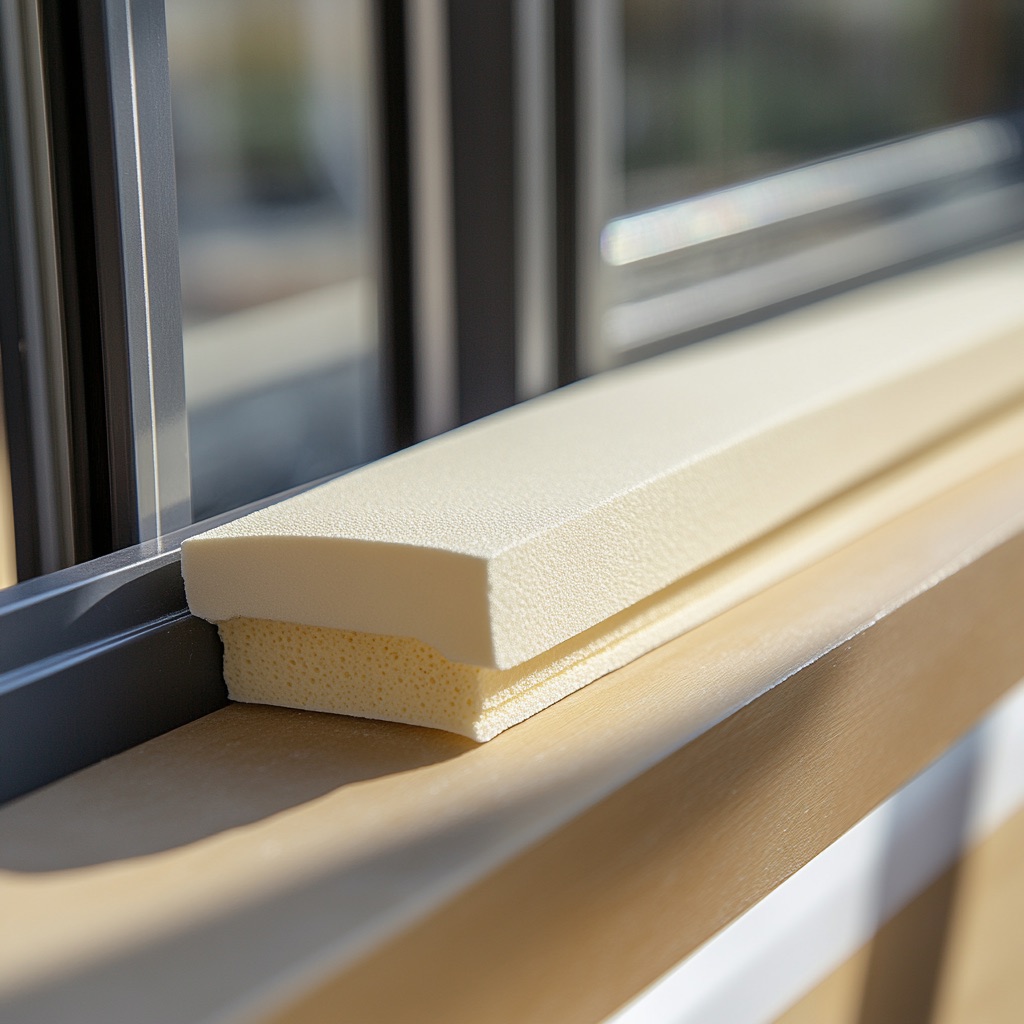Learn why wood often trumps aluminum for window construction due to its aesthetic appeal, insulation properties, and customization potential.
Key takeaways:
- Aesthetic warmth and appeal: Wood’s organic texture brings a cozy atmosphere to any space.
- Natural insulator enhancing energy efficiency: Wood frames effectively keep homes temperate and reduce energy costs.
- Ease of customization for refined tastes: Wood windows can be easily tailored to match personal style and can be sanded and refinished.
- Environmental impact and sustainability: Wood is a renewable resource that supports ecological balance and has a lower production impact than aluminum.
- Superior acoustic insulation: Wood frames effectively block out noise, creating a peaceful atmosphere inside the home.
Aesthetic Warmth and Appeal

Wood’s organic texture brings a touch of the outdoors inside, creating a cozy atmosphere that metal frames struggle to match. Its grains and colors vary widely, offering a palette to complement any interior design. A window frame’s warmth isn’t just physical; wood exudes an inherent hominess. Additionally, think about the lasting impression a stately wood-framed window leaves on both dwellers and guests. It’s the quiet backdrop to life’s little moments—a sun-dappled nook for your morning coffee or the reassuring solidity in a howling storm. It whispers rather than shouts, effortlessly elevating a house to a home.
Natural Insulator Enhancing Energy Efficiency
Wood acts like a cozy blanket for your home. Its inherent properties make for an excellent energy-saving sidekick by reducing thermal conductance. Unlike its aluminum counterpart, wood frames don’t transfer heat or cold very efficiently, which means they help maintain a steady temperature indoors.
In the chill of winter, wood keeps the warmth in, and when summer strikes with its sweltering heat, it keeps your home comfortably cool. As energy prices soar, this natural insulating feature is a financial boon, trimming down those pesky heating and cooling bills.
Another feather in its cap, wood frames are less prone to condensation. Why does this matter, you might ask? Well, reduced condensation means a lower risk of mold and a healthier environment for you and your family.
So, while aluminum might dress to impress with its modern look, wood brings the brawn in the energy efficiency arena, keeping your home temperate and your wallet happy.
Ease of Customization for Refined Tastes
Wooden windows are like chameleons — they can adapt to any style you can dream up. With a simple change in shape or design, they shift from modern chic to rustic charm. Feel like painting them cerulean blue to match your mood or your favorite throw pillow? Go for it; wood takes well to paint. Craving a dash of elegance? Carving intricate patterns into wood is like a walk in the park for skilled craftsmen. These windows are not bound by a one-size-fits-all approach of metal frames. Instead, each piece could be a reflection of your personal style. Plus, wood can be sanded and refinished as tastes change, a transformation that is much tougher with aluminum. This adaptability makes wood a prime candidate for those looking to imprint their character on their living spaces.
Environmental Impact and Sustainability
Wood scores big green points as a renewable resource. Trees absorb carbon dioxide as they grow, offsetting the emissions from our urban lives. When crafted into windows, this stored carbon stays out of the atmosphere for decades. Plus, wood windows can have a second life through recycling or repurposing, which isn’t always the case with their aluminum counterparts.
Moreover, the production process presents a clear win for wood. Milling timber uses less energy than mining and processing aluminum, making wooden windows the environmentally conscious choice. Responsible forestry practices ensure a continuous supply of timber, aligning window manufacturing with sustainable development goals.
When you choose wooden windows, you’re not just picking a product; you’re opting for a slice of nature that supports ecological balance. They stand as testimony to the art of combining craftsmanship with environmental stewardship. In a world teetering towards ecological sensitivity, wood wins the race, hands down.
Superior Acoustic Insulation
Wooden frames have a secret power – they’re like acoustic ninjas, skillfully blocking out noise. Their dense fibers are naturally skilled at muffling sounds from chatty birds to rumbling trucks. Imagine sipping your morning coffee in peace, no soundtrack of the neighbor’s leaf blower. That’s the serenity wood windows can bring to your abode.
Moreover, the grainy textures within wood absorb reverberations, keeping your home’s interior hushed. Now, who wouldn’t want to swap a chaotic clamor for some whisper-quiet solitude? The acoustic benefits of wood are music to the ears, quite literally. In the battle against noise pollution, wood is your trusty sidekick.
Recap

